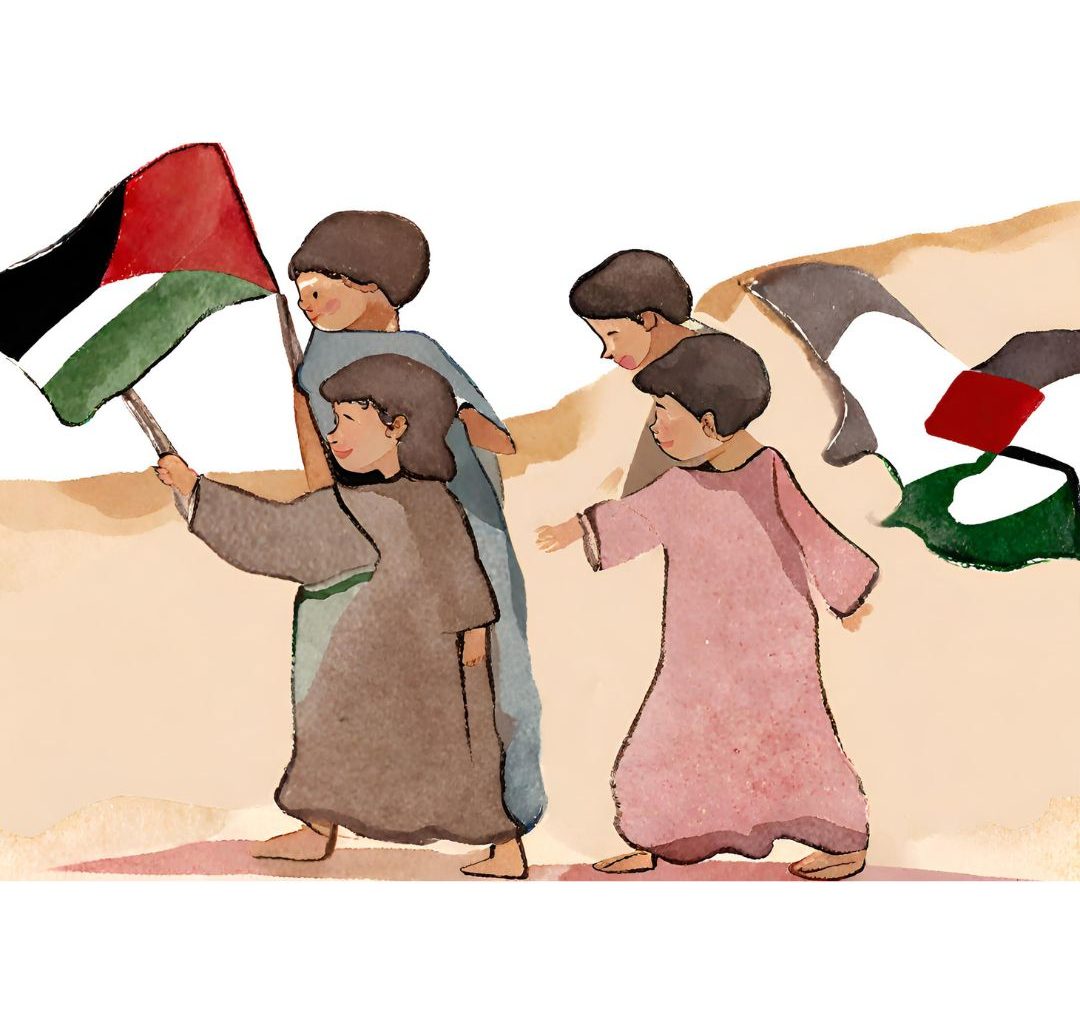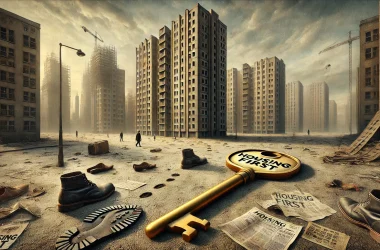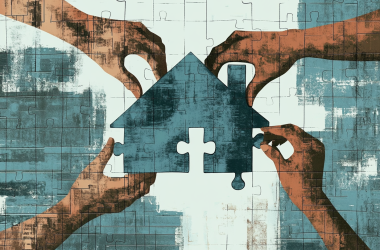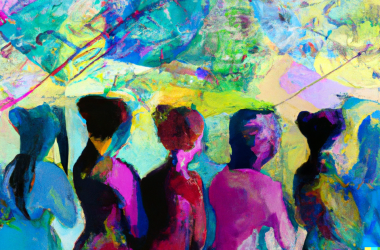The Gaza strip, a sliver of land along the Mediterranean, is caught in the throes of conflict. The most vulnerable victims? Children.
Catherine Russell, UNICEF’s Executive Director, painted a grim picture of this in her address to the United Nations Security Council, calling Gaza “the most dangerous place in the world to be a child”.
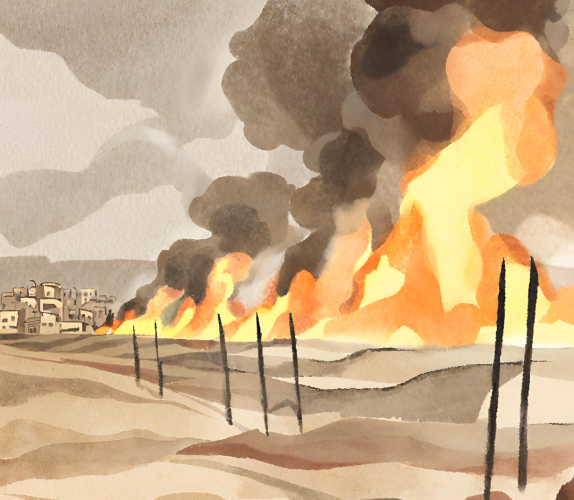
created with Canva
Since the 7 October attack, six months have passed with no signs of cessation in the Israel-Palestine conflict. Across the Gaza strip, mass graves attest to the indiscriminate cost of war that has claimed the lives of individuals spanning all ages and demographics — elderly, men, women, children, and even infants.
The conflict, marked by intense airstrikes, rocket attacks, and ground incursions, has inflicted heavy casualties on both sides. The impact on children in this devastating cycle of violence is hard to chronicle. Their schools and hospitals have been targeted by bombings. Many have lost their parents or been separated from them. They lack security, stability, and access to education. They find themselves without a home, surrounded by violence and bloodshed. The most distressing reality is that they are dying.
The main threat on the horizon is not air strikes or bombs. It is hunger.
Over 13,000 children have been tragically killed since October 7, a staggering toll that accounts for 1% of the entire Palestinian child population, as reported by UNICEF USA. For the surviving children, the threat of famine persists unabated. Save the Children’s findings reveal a dire situation, with more than 1 million children in Gaza teetering on the brink of starvation. Families are grappling with the daily struggle to secure enough food and water to sustain themselves amidst the widespread scarcity.
These statistics, while staggering, only scratch the surface of the profound human tragedy unfolding in Palestine. Behind each number lies a story of loss—a life cut short, a dream left unfulfilled, a future stolen by conflict.
Ahmad, a 14-year-old boy who fled his home in Jabalia to escape the bombardments, serves as a representative for children in the Gaza Strip. Speaking to UNICEF, he said: “I once wanted to become a doctor, but now my most fervent dream is simply to stay alive.”
“I dream of a future where I can live without the constant fear of being killed,” said Rahaf, a 10-year-old girl on UNICEF.
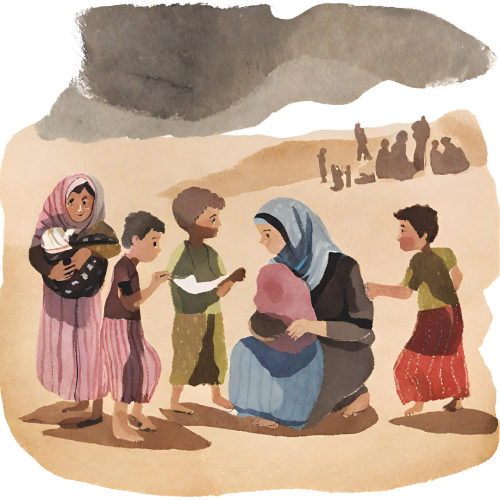
created with Canva
Survivors will have a lasting impact on their lives. The trauma experienced by surviving children who are exposed to the horrors of war and forced to shoulder responsibilities beyond their years can have enduring repercussions on their physical, emotional, and psychological health. The erosion of childhood innocence in the middle of violence deprives these children of the fundamental right to a secure and supportive environment in which to develop and flourish.
But children are not the only casualties; pregnant women and unborn kids suffer the same fate. Half a year into the conflict in Gaza, more than 10,000 women have tragically lost their lives, including an estimated 6,000 mothers, resulting in 19,000 children being left orphaned, UN Women reports. The loss of these vulnerable members of society not only deepens the collective grief of their families and communities but also casts a shadow over the future of Palestine. In this uncertain landscape, the promise of future generations hangs delicately in the balance, potentially robbing Palestine of its next generation. Without children, how can a country hope to have a future?
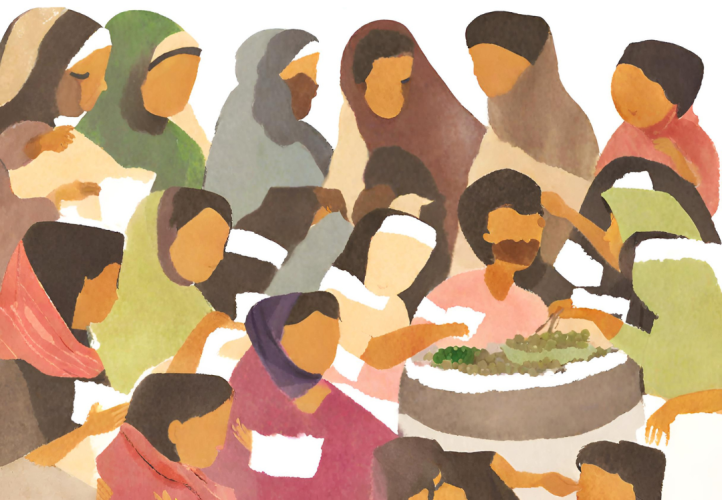
The impact of this loss reverberates far beyond the immediate devastation. With each innocent life snuffed out, the hopes and dreams of an entire generation are extinguished. Pregnant women and infants, who should represent the promise of new beginnings, instead become casualties of a conflict they had no part in. When women are targeted in conflicts, it disrupts their ability to bear children and prevents the birth of future generations. The loss of mothers means that children are left without caregivers, potentially leading to increased vulnerability and instability. As a result, their deaths not only deepen the sense of despair and hopelessness but also threaten to leave a void in Palestine’s future leadership and development.
The international community has mobilised to provide support and assistance. Humanitarian organisations such as UNICEF, Save the Children, and the International Committee of the Red Cross work tirelessly to deliver essential services, including healthcare, education, and psychosocial support, to those in need. Through advocacy, fundraising, and direct intervention, these organisations strive to mitigate the impact of violence and provide hope for a better future for Palestine’s youngest generation.
This article was produced with the help of Artificial Intelligence, in particular Chat GPT and Canva AI. Multiple prompts were used as input in AI to gather data, which was then cross-referenced with other sources, and edited.





